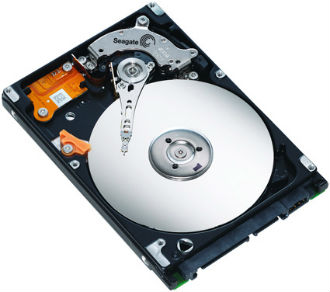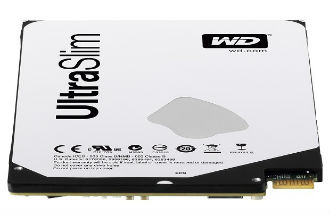 Companies have once again come under the scrutiny of the tax man with claims that some are using the lower 12.5 percent corporate tax Ireland has to offer to dodge paying large amounts to HMRC.
Companies have once again come under the scrutiny of the tax man with claims that some are using the lower 12.5 percent corporate tax Ireland has to offer to dodge paying large amounts to HMRC.
Over the weekend, Google was hit by fresh claims of dodging tax after an ex employee grassed it up to the media, while UK retailer Marks and Spencer is also facing claims of tax evasion over its online sales.
Google whistleblower Barney Jones worked for the company for four years, ending his time in 2006. He claims he has 100,000 emails that expose an “immoral” tax avoidance scheme used by his former employer.
According to Jones, Google managed to “pull the wool” over HMRC by diverting British profits through Ireland to a Bermuda tax haven, following claims that the company had only paid £7.3 million in corporation tax last year despite having a UK turnover of £3 billion.
He told The Sunday Times that he won contracts with major companies to buy advertising space in the UK but the deals were “closed” by staff in Ireland in a “smokescreen” scheme.
Peter Barron, Google director, external relations said in a statement: “As we said in front of the Public Accounts Committee, it is difficult to respond fully to documents we have not seen. These questions relate to Google’s business in the UK going back a decade or more and don’t change the fact that Google pays the corporate tax due on its UK activities and complies fully with UK law.”
Marks and Spencer is also going to be investigated. Over the weekend reports emerged that the squeaky clean family brand had turned to Ireland to avoid tax, with accusations that goods shipped to Europe from the UK were invoiced to an Irish subsidiary at lower rate.
According to The Guardian, which has seen an internal M&S document, the company’s structure saw it shipping goods from the UK, but using an Irish transaction to Marks & Spencer (Ireland) Limited.
Marks & Spencer of course, refuted the claims – saying Ireland was used to host the website as it was the largest international market for M&S, and therefore the logical host for the EU site.


















